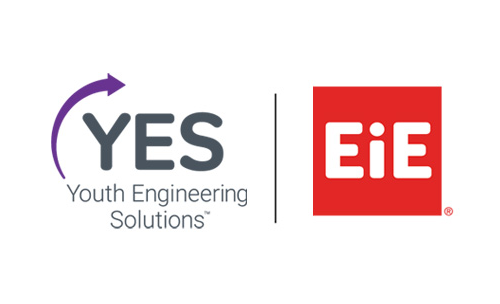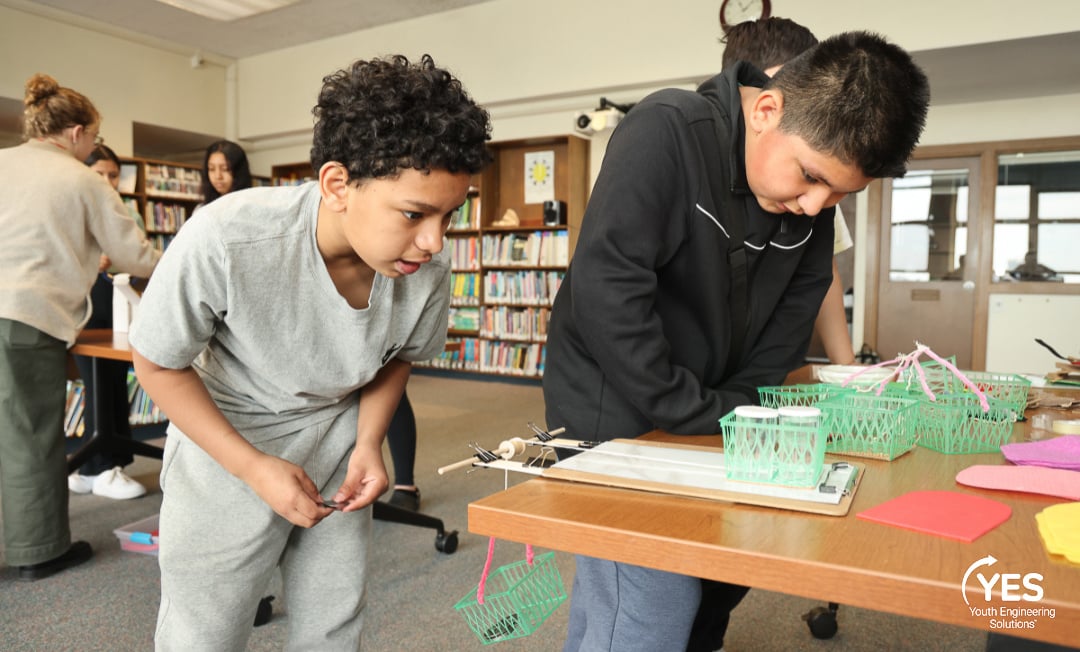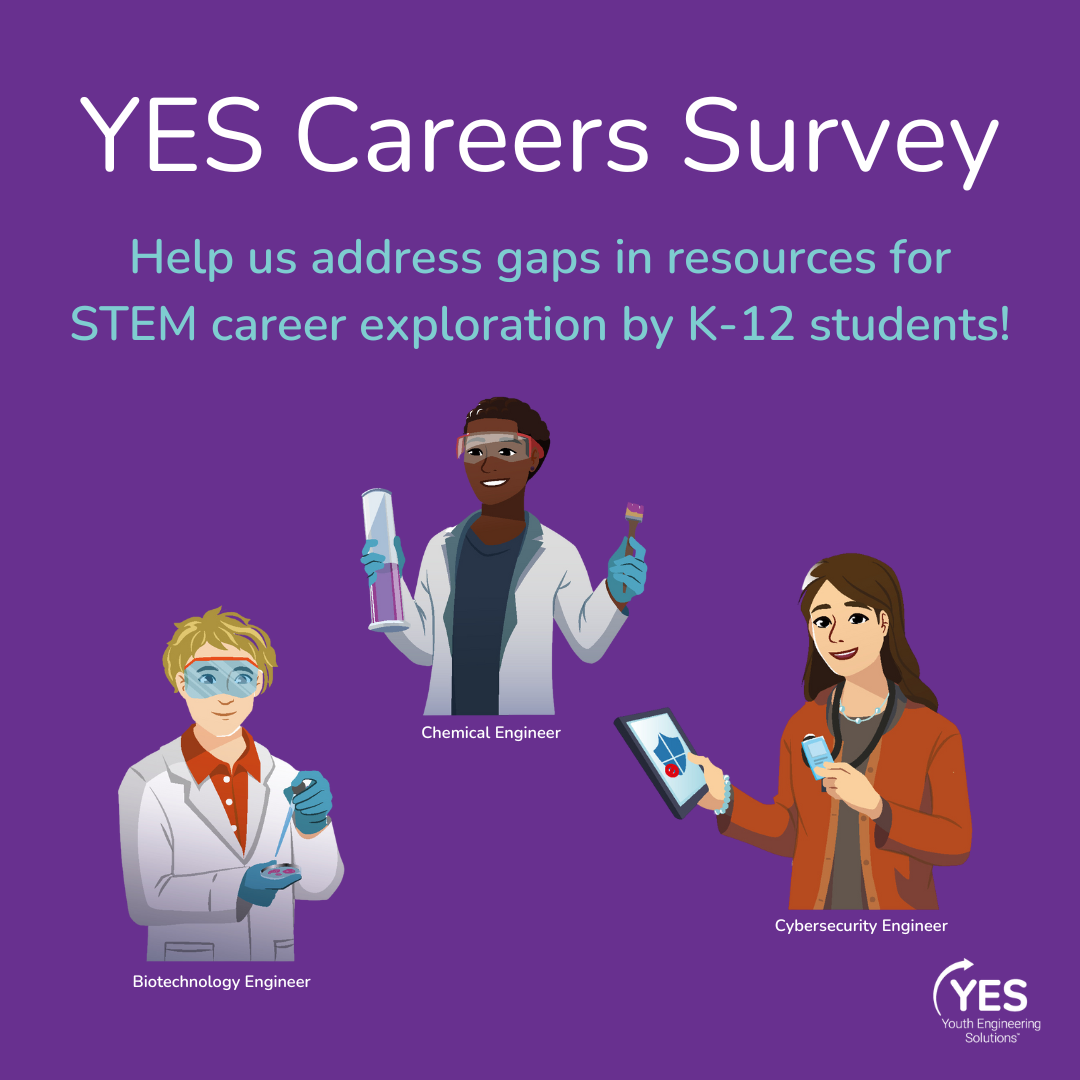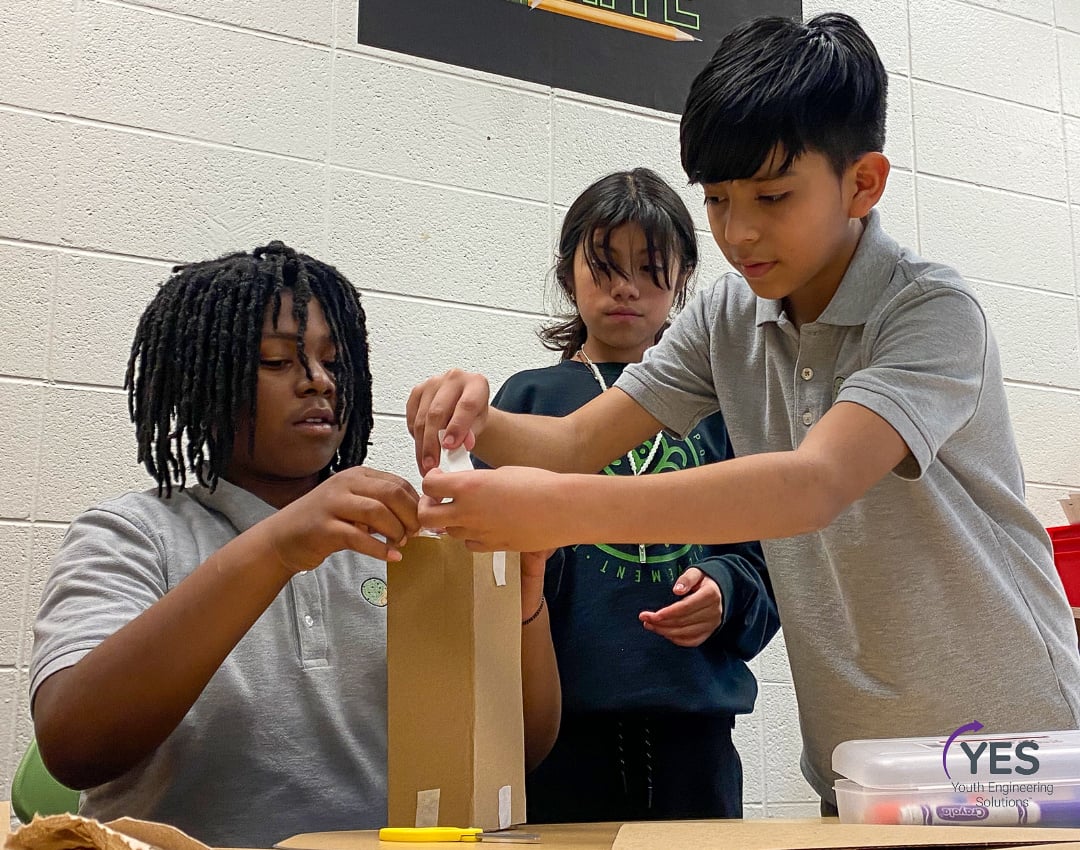
School vacation is almost here. Summer gives middle-school students time to pursue an existing passion or try something new—especially when it comes to STEM.
Katie Friedman knows firsthand what captures a middle-schooler’s interest. She works at the out-of-school time academic program Tutoring Plus in Cambridge, MA, as a Science & Elementary Program Fellow, thanks to a Massachusetts Promise Fellowship. This spring Katie’s group of sixth- through eighth-graders pilot tested a new unit for Engineering is Elementary's new “Engineering Everywhere” out-of-school time curriculum.
“I hear students complain about school all the time,” she says. “But with engineering activities, I literally had to force them to leave when the time was up. They just wanted to keep working!” The unit, called “Don’t Runoff: Engineering an Urban Landscape,” challenges kids to redesign a cityscape, to reduce the flooding and water pollution that can follow heavy rains.
Friedman says the hands-on activities—like engineering “green roofs” that absorb water instead of letting it run off and “porous pavement” that lets rainwater slowly filter into the ground—are a big part of the appeal. “Students don’t often get to do hands-on things at school,” she notes. “They really like getting their hands dirty. And they don’t get discouraged when things go wrong, like when a green roof started leaking. They just say, ‘OK, I see where I can fix this.’”
Another part of the appeal was how the subject matter connected to students’ real-life experiences. “All these kids are from Cambridge, which is heavily urbanized,” Friedman says. “They’ve all seen the stenciled messages near sewer grates that warn against dumping. They were excited to make the connection how permeable pavement and green roofs could keep pollutants out of the Charles River.”
A research brief from the Breakthrough Collaborative finds middle school is a time when “students are choosing who they want to be in the world and are solidifying their academic path.” At this age, being just plain interested in STEM subjects is a much better predictor of future success in a STEM career than is getting good grades. Indeed 75 percent of all Nobel Prize winners in science report they discovered their passionate interest in science OUTSIDE of school time! Meanwhile, preliminary research on EiE is showing that hands-on engineering challenges promote classroom equity by expanding the definition of what it means to be “smart.” Friedman says she’s seen this effect in her program.
“One student in particular was really struggling in school—and in our tutoring program,” she notes. “But in the engineering program, he’s enthusiastic and comes up with incredibly creative solutions.” At the end of the program, when Friedman asked kids to report on what they learned, this student ran through every step in the Engineering Design Process—the only student in the group to do so.
Engineering Everywhere currently offers four FREE curriculum units for middle school afterschool and camp programs. You can download them on the project website








